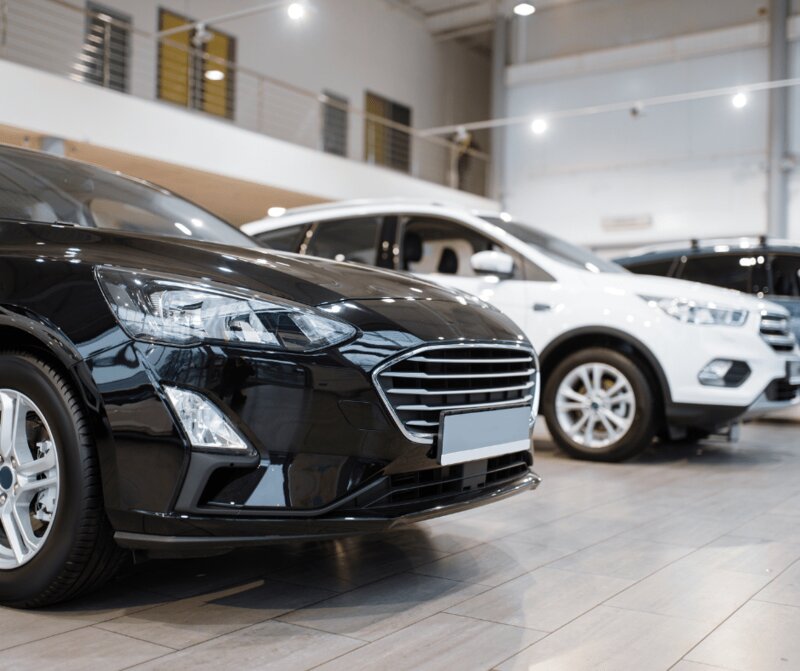
January 14, 2021
Report: Pandemic Expected to Impact Autonomous Vehicle Industry
The COVID-19 pandemic will likely delay the arrival of autonomous vehicles due to layoffs and derailed research, but the future remains bright for the autonomous vehicle industry, according


Changes in the automotive industry brought about by the COVID-19 pandemic include shopping for cars online instead of in dealerships.
The COVID-19 pandemic will likely delay the arrival of autonomous vehicles due to layoffs and derailed research, but the future remains bright for the autonomous vehicle industry, according to Marx Layne and Co., a Farmington Hills-based public relations and marketing firm.
Share This Story, Choose Your Platform!
Marx Layne is your competitive advantage.
Your reputation and success are our only concerns.
